Part Analysis
| General Data | |
| Manufacturer (OEM) | CWT |
| Platform | CSZ |
| PCB Type | Double Sided |
| Primary Side | |
| Transient Filter | 4x Y caps, 2x X caps, 2x CM chokes, 1x MOV |
| Inrush Protection | 1x NTC Thermistor SCK-207R0 (7 Ohm) & Relay |
| Bridge Rectifier(s) |
2x Vishay LVB2560 (600V, 25A @ 105°C)
|
| APFC MOSFETs |
3x Infineon IPA60R099P6 (600V, 24A @ 100°C, Rds(on): 0.099Ohm)
|
| APFC Boost Diode |
1x On Semiconductor FFSP1665A (650V, 16A @ 135°C)
|
| Bulk Cap(s) | |
| Main Switchers |
2x Infineon IPA60R099P6 (600V, 24A @ 100°C, Rds(on): 0.099Ohm)
|
| APFC Controller |
Champion CM6500UNX & CM03X
|
| Resonant Controller | Champion CU6901VAC |
| Topology |
Primary side: APFC, Half-Bridge & LLC converter
Secondary side: Synchronous Rectification & DC-DC converters |
| Secondary Side | |
| +12V MOSFETs | 10x Infineon BSC010N04LS (40V, 178A @ 100°C, Rds(on): 1mOhm) |
| 5V & 3.3V | DC-DC Converters: 2x UBIQ QN3107M6N (30V, 70A @ 100°C, Rds(on): 2.6mOhm) & 2x UBIQ QM3054M6 (30V, 61A @ 100°C, Rds(on): 4.8mOhm) PWM Controller(s): uPI-Semi uP3861P |
| Filtering Capacitors | Electrolytic: 2x Nippon Chemi-Con (105°C, W) 1x Nippon Chemi-Con (2-5,000h @ 105°C, KZE) 1x Nippon Chemi-Con (4-10,000h @ 105°C, KY) 1x Nippon Chemi-Con (4-10,000h @ 105°C, KYA) 2x Nichicon (2-5,000h @ 105°C HD) 1x Nichicon (5-6,000h @ 105°C HV) 2x Nichicon (4-5,000h @ 105°C HE)Polymer: 26x FPCAP, 2x Chemi-Con |
| Supervisor IC | Weltrend WT7502R |
| Fan Controller | Microchip PIC16F1503 |
| Fan Model | Hong Hua HA13525H12SF-Z (135mm, 12V, 0.5A, Fluid Dynamic Bearing Fan) |
| 5VSB Circuit | |
| Rectifier |
1x D10S45L SBR (45V, 10A)
|
| Standby PWM Controller | On-Bright OB2365T |
This is the popular CSZ platform made by CWT. The design uses analog controllers for all circuits. A half-bridge topology and an LLC resonant converter are on the primary side. The secondary side utilizes a synchronous rectification scheme with ten Infineon FETs generating the 12V rail and two VRMs for the minor rails.
The primary side is identical to the Thermaltake GF3 1200, but I spotted a significant difference on the secondary side. Eight Infineon regulates the 12V rail on the TT unit, while in the Montech PSU, ten Infineon FETs of the same model are used. Two more FETs mean less stress since the load is split among them and lower energy losses at high loads.
The cooling fan is by Hong Hua and uses a fluid dynamic bearing for lower noise output and increased reliability. Lastly, the build quality is high; the same goes for the soldering quality. At the solder side of the PCB, CWT also enhanced some PCB traces with copper plates, for better conductivity and lower power losses, at high loads.
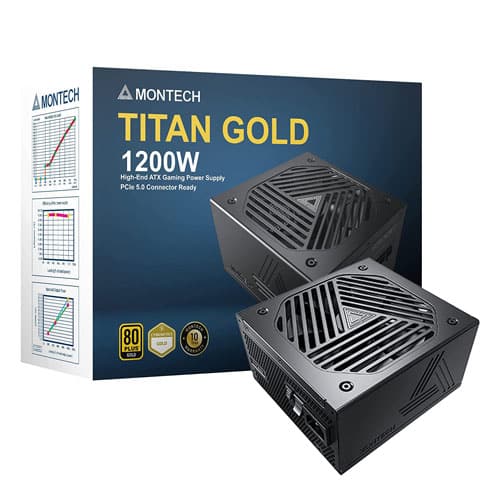
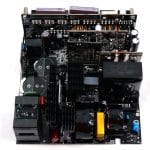
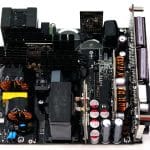
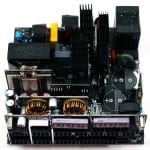
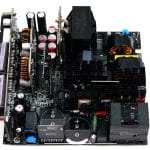
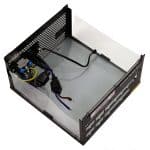
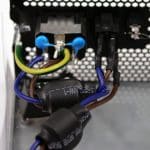
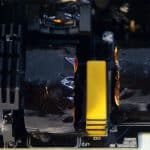
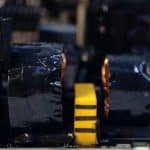
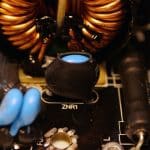
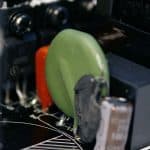
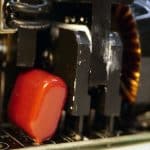
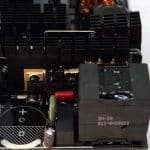
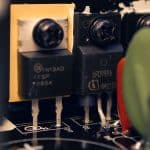
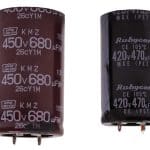
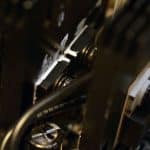
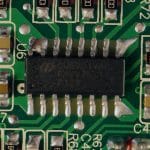
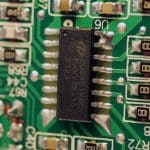
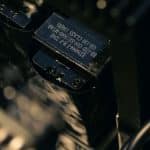
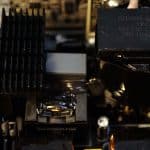
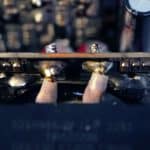
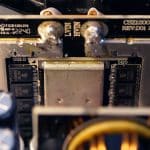
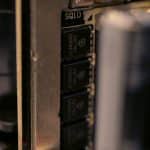
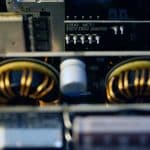
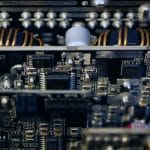
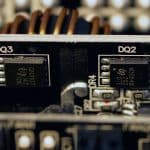
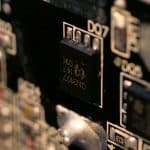
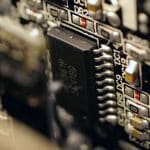
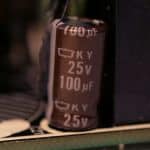
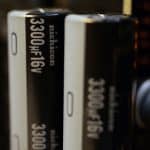
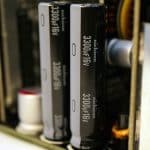
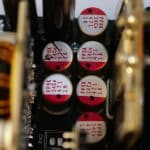
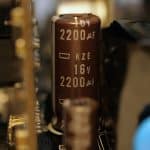
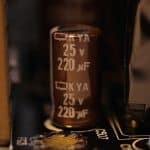
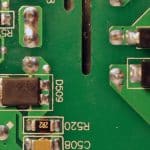
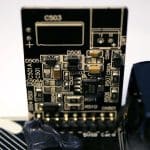
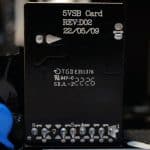
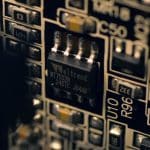
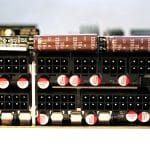
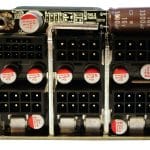
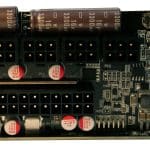
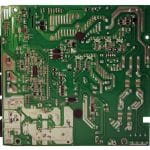
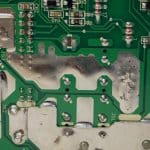
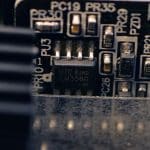
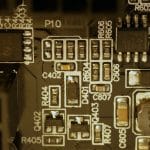
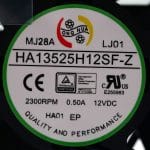
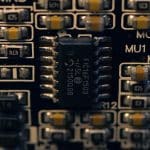
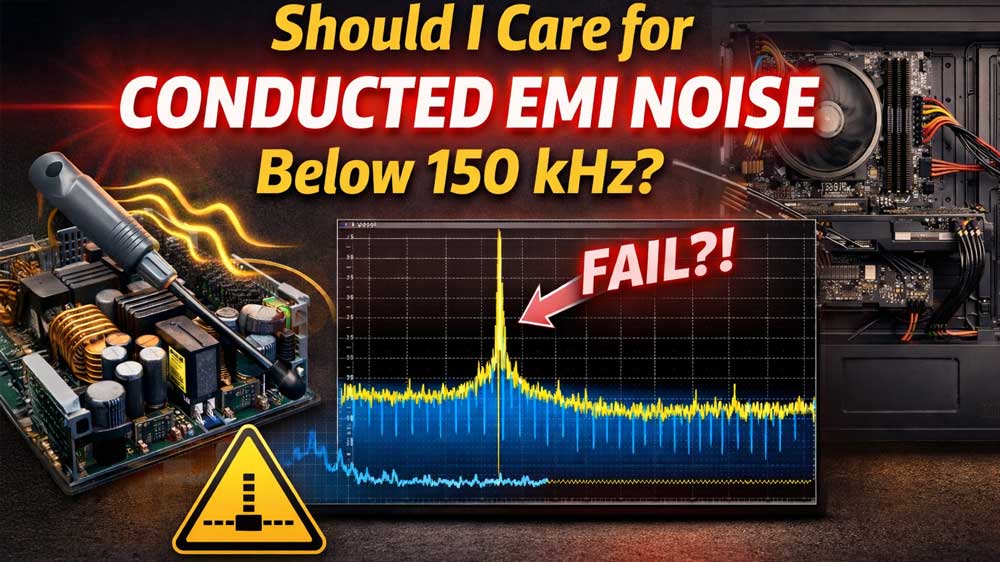
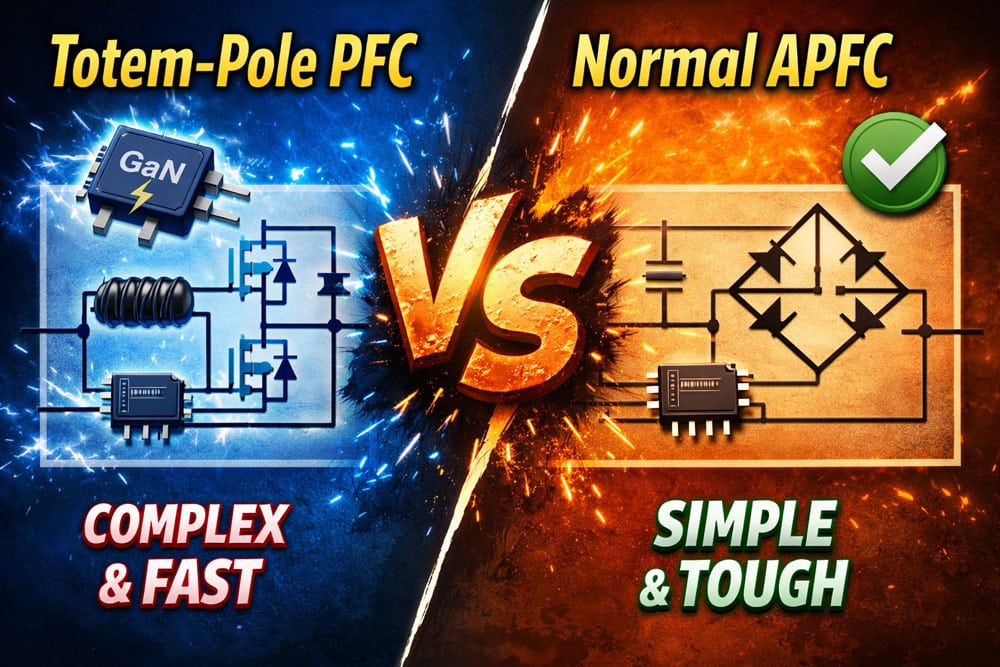
Hi I’m getting the same thing but it sounds more like crackling sound. Is that the same thing?
Hi! Same thing with what?
Are you planning to review the Montech Titan PLA 1200W in the future?
Yes, I will ask for samples.
Thanks Hardware Busters for the review on the Montech Titan PSU line. I never would have given Montech a chance without your knowledge. I ordered a Montech Titan 1200 for my new PC rig. I fully support new companies bringing quality and competition to any market.
My unit has coil whine (more like intermittent chirping) at low loads. As soon as I launch a game or put a 50 – 100w+ load on the system it’s dead silent.
I’ve managed to ‘fix’ it by disabling Intel c6 and c7 states (c1e enabled) and increasing idle GPU clocks from 210/400 to 300/810 MHz using nvidia-smi. If I disable all the c states including c1e I can keep the GPU at stock idle speeds, but I don’t want my CPU at maximum voltage all the time.
The reason this works is because, for whatever reason, the chirping seems to be caused by very low loads on the +12v rail. I’m guessing the PSU is trying to retain gold efficiency across the entire load range on the +12v rail and it struggles at very low loads.
When idling and light browsing at stock settings my CPU consumes 2 – 5w and the GPU consumes 30w. With c6/7 states disabled and higher GPU clocks the CPU consumes 5 – 15w and the GPU consumes 40w. That’s a 20w increase and it’s 100% worth it because the chirping is unbearable without headphones.
specs:
i7 13700k
32GB DDR5 6400MHz
Palit Gamerock RTX 3090 Ti
The resonant tank is usually the culprit at light loads.
I’ve owned many power supplies and this is the first one that exhibits this behavior. There have been reports of it happening on other CWT CSZ based PSUs (TT GF3, NZXT C1200), but it doesn’t seem to be a widespread problem. It’s probably just a bad batch or a small percentage of defective units.
Fortunately it’s easy to fix by slightly increasing idle power consumption.
My unit has also coil whine at low loads and it is so annoying.
Unfortunately coil whine is an issue for most LLC resonant converters, used in modern PSUs.